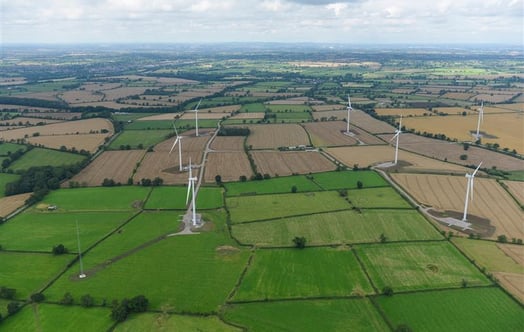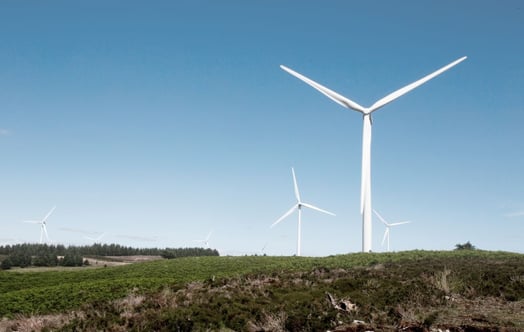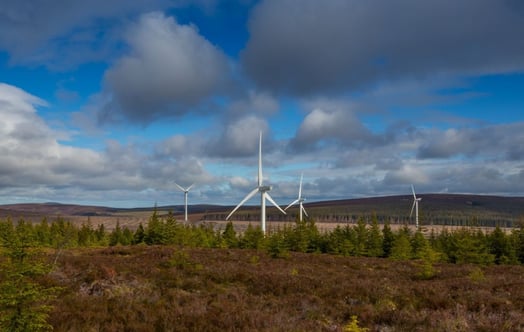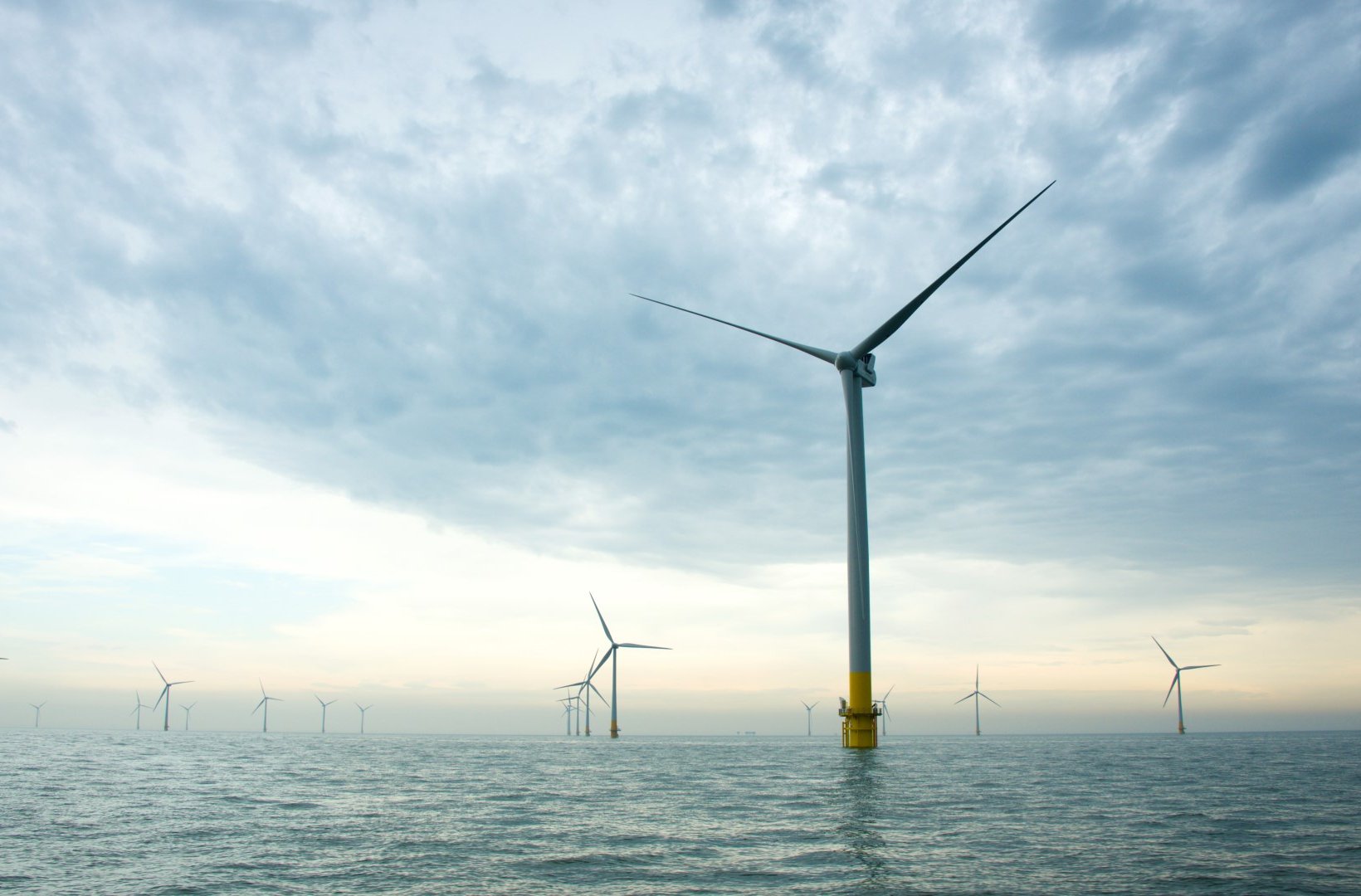
Energy price spikes: why we must resist the temptation to delay the inevitable
The UK needs to quickly remove the regulatory and practical hurdles which delay low-carbon energy projects and discourage investment. It’s less glamorous than making news announcements about ambitious climate change targets, but it will prevent today’s problems becoming a recurring issue for decades to come. Below Danielle Lane, UK Country Manager at Vattenfall writes about three quick wins.
Danielle Lane, UK Country Manager at Vattenfall outlines three quick wins to speed up the transition to net zero.

Danielle Lane - UK Country Manager, Vattenfall
The price of everyday supplies is going up because of rising input costs, including electricity, gas, and oil. Come April, households in the UK will face the highest energy bills in decades.
Some blame the crisis on the UK’s drive to become a low-carbon economy and want to delay or reverse our clean energy targets. This is the wrong thing to do.
Instead, the UK needs to quickly remove the regulatory and practical hurdles which delay low-carbon energy projects and discourage investment. It’s less glamorous than making news announcements about ambitious climate change targets, but it will prevent today’s problems becoming a recurring issue for decades to come. So here are three quick wins:
1. Accelerating wind capacity
In September 2020, the UK made a world beating commitment to install offshore wind - pledging to hit 40GW of capacity by 2030. The Government’s decision to hold annual CfD rounds is a great step towards achieving this goal, but investors are still deterred by the amount of upfront risk they must take here compared to elsewhere.
Vattenfall’s Norfolk Offshore Wind Zone will eventually host 3.6GW of installed capacity. That’s almost 10% of the UK’s 2030 offshore wind target, but just getting these projects to the starting line will have taken almost a decade and cost millions of pounds.
It is important that everyone affected by renewables projects is consulted, but the process must be quicker and simpler. The UK needs a single offshore wind agency, similar to the Oil and Gas Authority, to be a one stop shop to coordinate leasing, consents, and big picture issues such as grid connections, the cumulative impact of multiple projects and environmental protection.

Aberdeen Offshore Wind Farm
2. Install the right low-carbon heating systems in the right locations
Heating is responsible for a third of UK greenhouse gas emissions and over 25 million homes are still using fossil fuels to keep warm.
Several low-carbon alternatives are already available. For example, district heating works well in urban areas in the UK where networks can tap into sources of waste heat. In 2022, Vattenfall will continue to roll out new heat networks across the UK, including at Brent Cross Town in north London, Midlothian south of Edinburgh, and the first phase of a wider heat network in south east London.
Heat networks won’t be the right answer for all buildings, so Vattenfall has partnered with Feenstra to pilot a high-temperature heat pump solution in the Netherlands. This could mean that gas boilers can be replaced without properties needing to pay for additional internal building works at the same time, although insulation is always a good idea, whatever kind of heating system you have. If successful, it could be available in the UK in the future.
It’s not a question of one or the other, but about deploying the right technology solutions in the right places. To make sure this happens we need a strategic approach to the deployment of low-carbon technology. The creation of heat zones can provide an important step in this direction.
The policy of zoning for decarbonising our built environment has found favour with the Westminster and Holyrood Governments. What we need to see now is this broad approach translated into action by local authorities, property developers, heating providers and others. This should result in the mapping out of a plan to create the right market conditions for different technologies and roll out low-carbon heating at scale.

District heating pipe network in Sweden
3. Focusing on ‘hard-to-abate’ sectors
The Government’s net-zero targets will demand substantial electrification of business processes and operations by 2035.
One of the big challenges will be linking up renewable electricity with industrial processes and heavy industry. Vattenfall’s work on the HYBRIT project with partners LKAB and SSAB led to the first fossil-free steel in the world being delivered to customers in August 2021. Scaling up fossil-free hydrogen production will be a key requirement to reduce emissions from heavy industry, but it will need the support of Government to get the right regulatory and market conditions in place.
Likewise, businesses also have to think about electrifying their own operations. Vattenfall research has found that leaders across heavy industries know their reliance on electricity will increase but are less knowledgeable about how to go about electrifying their own operations. Better access to information about the right solutions will go a long way to helping these industries, but again a shift in mindset is needed. There is more than one way to decarbonise. Partnership working will be essential, and businesses don’t have to own and operate all their own electrical infrastructure, as there are specialists who can help.
The long-term answer to rising bills is cleaner, greener energy. To unlock this future requires a partnership approach – what is good for the planet is good for communities and the economy. Renewables and other low-carbon technologies are the long-term antidote to the price shocks we are seeing in fossil fuels. Now is the time to accelerate, not reverse.
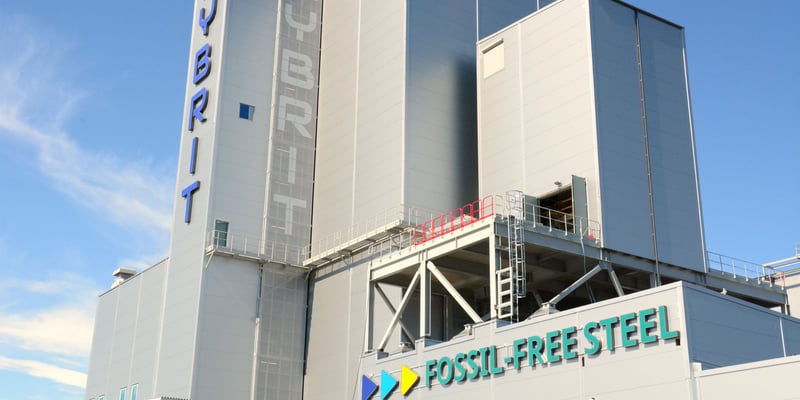
Fossil free steel

